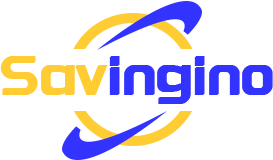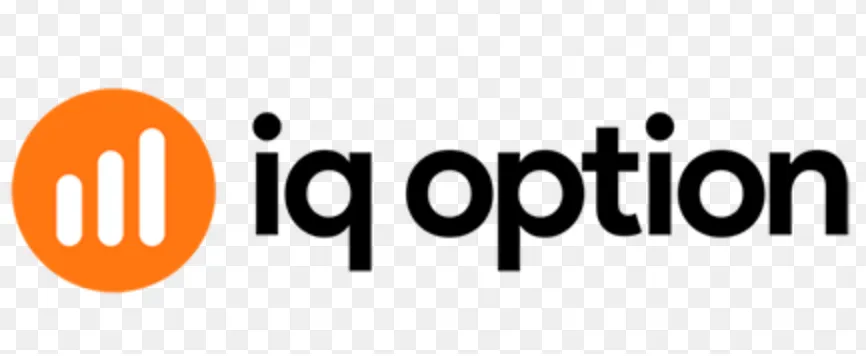Why is a Good Quality Management System Important?
A well-functioning Quality Management System (QMS) is vital for ensuring that a business operates efficiently while meeting customer expectations and regulatory standards. It helps organizations streamline operations, reduce waste, and maintain consistent product quality. A reliable QMS allows businesses to identify defects early, ensuring that corrective actions are taken before issues escalate. Furthermore, it promotes continual improvement, making sure that quality control processes evolve in line with changing market demands and technological advancements.
5 Top Features to Look for in the Best Quality Management System
- Ease of Use: The best QMS platforms offer a user-friendly interface that requires minimal training. This allows employees to quickly adapt and integrate the system into their daily routines, minimizing disruptions and maximizing productivity.
- Scalability: A good QMS should grow with your business. As organizations expand, the system should be able to handle increasing volumes of data and complexity without compromising performance.
- Integration with Other Systems: The ability to integrate with existing software like ERP (Enterprise Resource Planning) or CRM (Customer Relationship Management) is crucial for seamless data flow across departments. This feature ensures that your QMS works in harmony with other business operations.
- Document Control: A reliable QMS should provide efficient document management features. This includes storing documents securely, version control, and ensuring that team members have access to the most current information when needed.
- Compliance Management: The best QMS platforms should help businesses comply with industry standards and regulations. This includes features that track regulatory requirements, generate compliance reports, and help with audits.
Top 10 QMS Providers: Companies Worth Considering
Here are ten highly recommended companies offering quality management systems, along with their pros, cons, and reasons for recommendation:
- 1. MasterControl
- Pros: Comprehensive features, integrates well with ERP systems, robust compliance tracking.
- Cons: Can be expensive for small businesses.
- Recommendation: Great for highly regulated industries like life sciences and manufacturing. Website
- 2. ETQ Reliance
- Pros: Highly customizable, cloud-based, offers strong reporting features.
- Cons: Some users report a steep learning curve.
- Recommendation: Ideal for mid to large enterprises looking for flexibility in managing quality. Website
- 3. Greenlight Guru
- Pros: Specialized in medical device industry, ensures compliance with FDA and ISO standards.
- Cons: May not be suitable for non-medical industries.
- Recommendation: Best for businesses in the healthcare sector. Website
- 4. Sparta Systems - TrackWise
- Pros: Strong focus on compliance, user-friendly interface, supports global operations.
- Cons: Pricing can be a barrier for smaller organizations.
- Recommendation: Excellent for large enterprises in regulated industries. Website
- 5. Q-Pulse
- Pros: Simplifies compliance, strong audit management, cloud-based.
- Cons: Some functionality can feel basic for advanced needs.
- Recommendation: Great for small to mid-sized businesses looking for simplicity. Website
- 6. SAP Quality Management
- Pros: Integration with SAP ERP, comprehensive functionality for large enterprises.
- Cons: Implementation can be complex and time-consuming.
- Recommendation: Best for large enterprises already using SAP ERP systems. Website
- 7. ISOXpert
- Pros: Affordable, easy to use, effective for ISO compliance.
- Cons: Limited scalability for larger organizations.
- Recommendation: Ideal for small businesses or organizations focused on ISO standards. Website
- 8. Pilgrim Quality Solutions
- Pros: Strong risk management features, scalable, industry-focused solutions.
- Cons: Not as intuitive as some other platforms.
- Recommendation: Best for industries such as automotive and life sciences. Website
- 9. 3E Quality Management
- Pros: Excellent support, easy integration, flexible pricing.
- Cons: Limited advanced features for enterprise-scale businesses.
- Recommendation: Ideal for mid-size businesses seeking a comprehensive yet simple QMS. Website
- 10. Lean Quality
- Pros: Streamlines processes, supports continuous improvement, affordable.
- Cons: Lacks some complex features of more robust systems.
- Recommendation: Excellent for businesses looking for a lean, process-focused QMS. Website
Summary
Choosing the right Quality Management System is essential for maintaining product quality, compliance, and operational efficiency. By considering factors like ease of use, scalability, and compliance management, businesses can make an informed decision. The companies listed here provide diverse options suited to different industries and organizational sizes, making it easier for businesses to find a QMS that aligns with their needs.
Comparison Table of Recommended QMS Companies
| Company | Price | Difficulty | Reliability |
|---|---|---|---|
| MasterControl | High | High | Very Reliable |
| ETQ Reliance | Medium | Medium | Reliable |
| Greenlight Guru | High | Medium | Very Reliable |
| TrackWise | High | High | Very Reliable |
| Q-Pulse | Medium | Medium | Reliable |
| SAP QMS | High | High | Very Reliable |
| ISOXpert | Low | Low | Reliable |
| Pilgrim Quality Solutions | Medium | Medium | Reliable |
| 3E Quality Management | Medium | Medium | Reliable |
| Lean Quality | Low | Low | Reliable |







